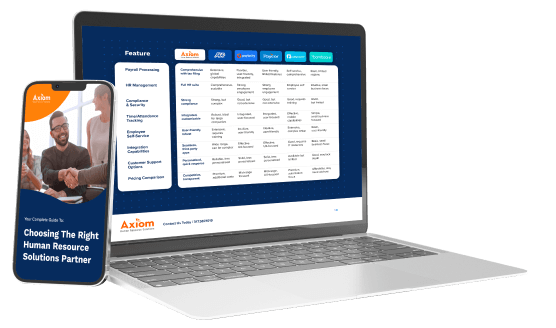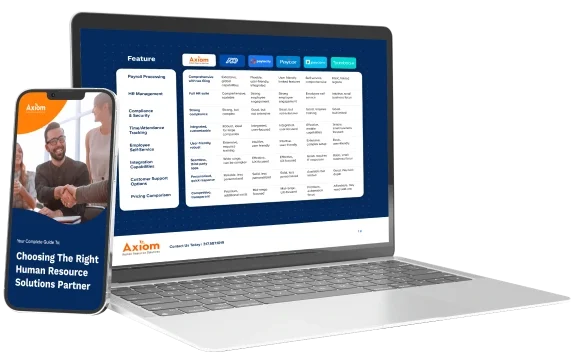Do you hear it? Politicians and Americans are singing a familiar tune. It’s the one that calls for business owners to create jobs.
That song sounds good and patriotic and positive, but I want to share a secret with all the singers: I have yet to meet a business owner who went into business to create jobs. For-profit businesses exist to create profits; profits allow businesses to grow; and growth creates jobs. We can’t ask or expect businesses to create jobs first. Labor is expensive, and less labor per dollar of revenue is better for owners and shareholders who are ultimately the ones who create jobs with their increased profits.
Insourcing creates jobs, but outsourcing increases profits and keeps the wheels of commerce turning. Any long-term view must focus on a company’s overall efficiency.
Specialization of trade and economies of scale enable businesses to become more efficient than the competition and to capture profits. Companies often fumble around in unfamiliar industries dedicating time to unfamiliar tasks while sacrificing labor hours and profitability just to avoid putting money in other peoples’ pockets. There is a reason that some of the most successful companies in America are outsourcing many functions that used to be handled in house. Internal employees need to focus on accomplishing the mission of the business for which they work.
Outsourcing makes sense for many companies, in many facets of business. Companies can now easily outsource everything from accounting, payroll, IT, transportation, and human resources to packaging and production and much more. The list is endless, but the results of the practice are fairly consistent—increased productivity and profitability.
In the interest of increased and sustainable profits, examine your business and ask yourself whether someone else or some other company can handle some of your non-revenue-generating tasks more efficiently. Are you utilizing internal hours on tasks that don’t make sense? Will outsourcing allow your key employees to focus on servicing your current customers or generating new business? Or are you stuck singing familiar tunes instead of making the changes that will help grow your business?
Change is hard, but stagnation is the pathway to poverty.


